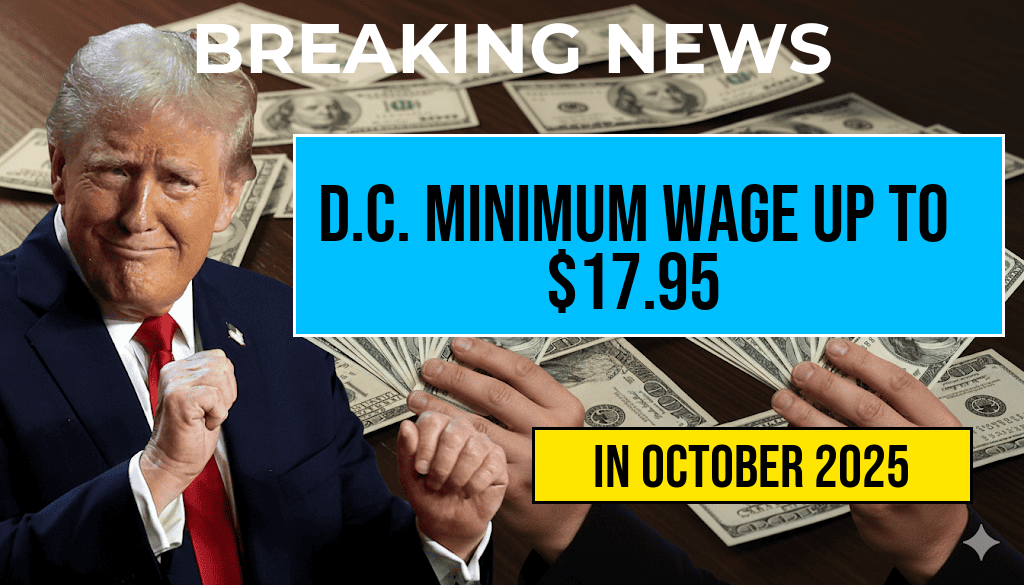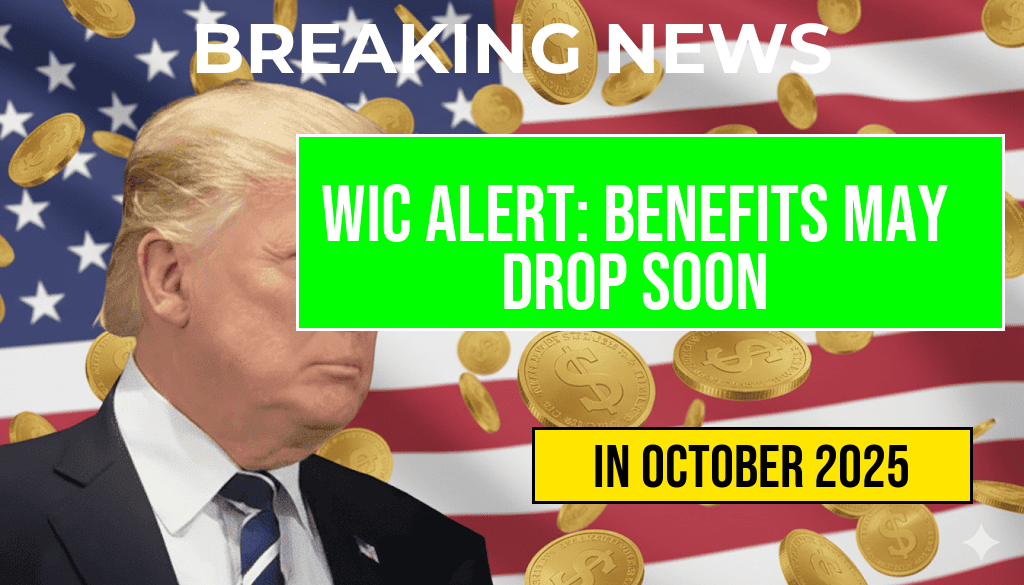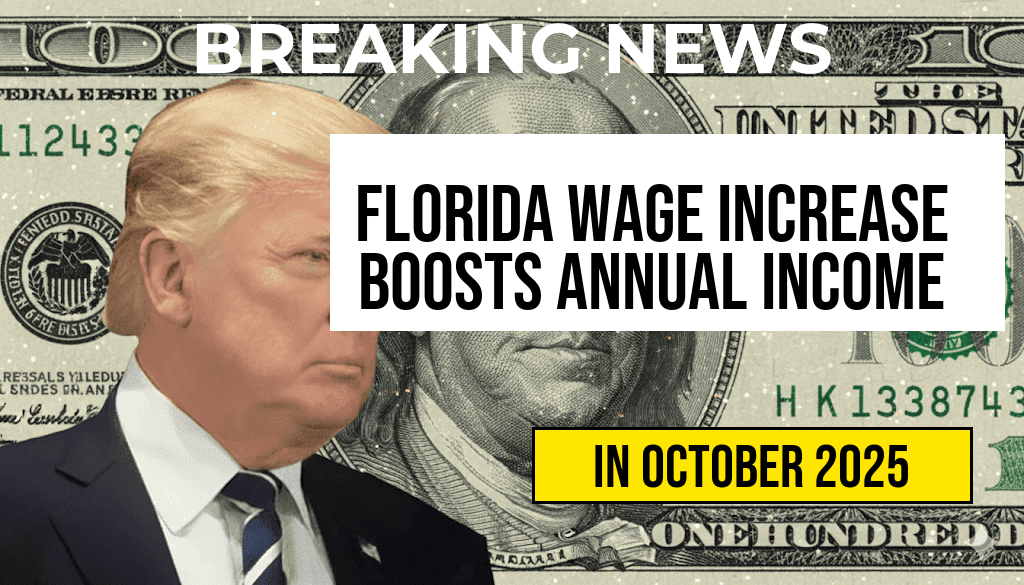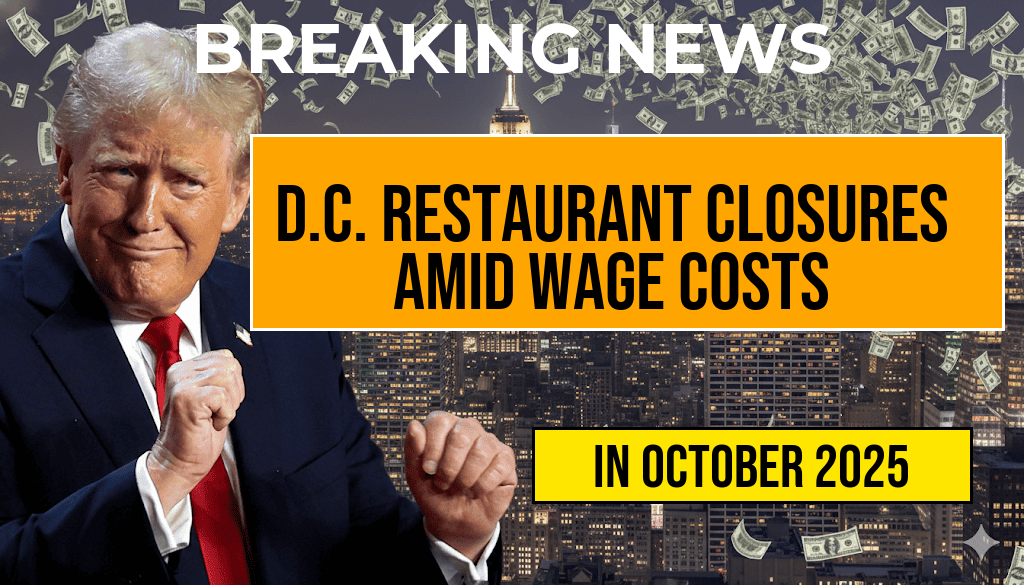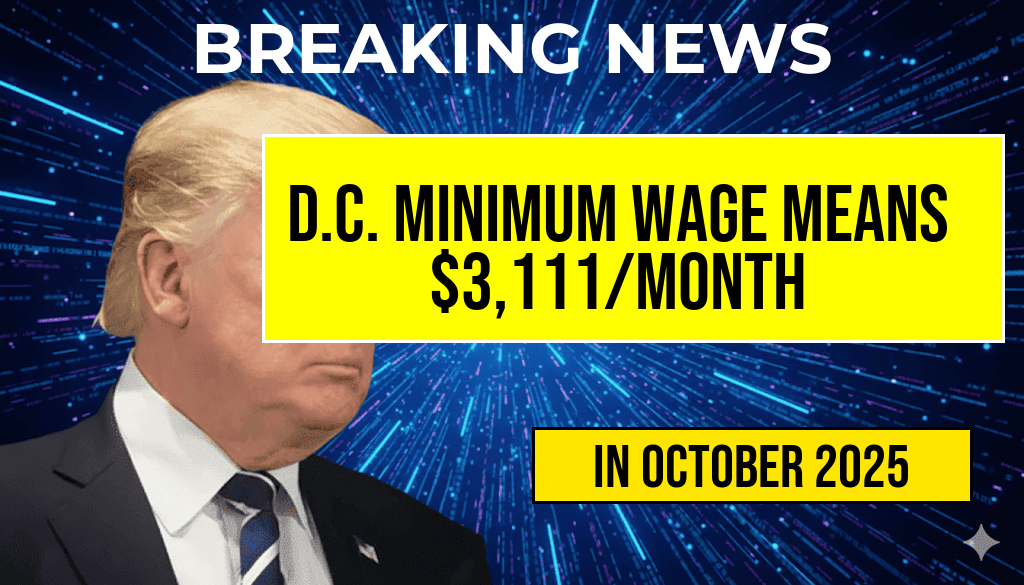D.C. Minimum Wage Increased to $17.95, Boosting Earnings by Nearly $0.50 per Hour
The District of Columbia has announced a significant hike in its minimum wage, elevating it to $17.95 per hour. This adjustment, effective immediately, translates to an additional $0.45 per hour for workers—equating to roughly $936 more annually for full-time employees earning the minimum. The increase reflects ongoing efforts by local policymakers to address rising living costs and improve economic stability for low-wage earners in the nation’s capital. As the city continues to position itself as a hub for both government and private sector employment, this wage adjustment aims to strike a balance between supporting workers and managing the economic landscape.
Details of the Wage Increase
| Year | Minimum Wage | Change from Previous Year |
|---|---|---|
| 2022 | $16.10 | – |
| 2023 | $17.50 | $1.40 |
| 2024 | $17.95 | $0.45 |
The latest adjustment stems from the city’s annual review process, which considers inflation, economic growth, and cost of living indices. The previous increase in 2023 marked a significant jump from $16.10 to $17.50, reflecting a broader initiative to keep pace with inflationary pressures and housing costs that have surged in recent years.
Impact on Workers and Employers
According to labor advocates, the wage hike provides tangible benefits for thousands of low-income workers across sectors including retail, hospitality, and public services. A full-time minimum wage earner working 40 hours a week will see an approximate increase of $18 per week, or around $936 annually, before taxes. This boost can help offset rising expenses related to housing, transportation, and healthcare.
Business owners, however, express mixed reactions. While some recognize the importance of fair wages, others voice concerns about increased labor costs. Local chambers of commerce have called for support programs to help small businesses adapt, emphasizing that wage increases should be coupled with policies that foster economic resilience.
Economic Context and Future Outlook
The District’s decision aligns with a broader national trend toward raising minimum wages, especially in urban centers where living costs outpace federal standards. According to data from the Wikipedia entry on U.S. minimum wages, several states and cities have enacted comparable or higher minimums, aiming to combat income inequality.
While advocates highlight the potential for increased consumer spending and improved quality of life, critics warn of potential employment impacts, especially for small businesses and entry-level positions. The city’s Department of Employment Services (DOES) continues to monitor the economic effects of the wage increase through ongoing surveys and employment data analysis.
Community Response and Policy Developments
- Labor Unions: Many unions have lauded the increase as a step toward fair compensation, emphasizing the importance of living wages in reducing poverty and economic disparity.
- Small Business Associations: Representatives are calling for targeted support, including grants and tax incentives, to help small employers absorb higher wage costs without layoffs or reduced hours.
- Residents: Surveys indicate broad public approval, with residents noting that higher wages should contribute to improved local services and overall community well-being.
Looking ahead, discussions remain underway about potential adjustments for next year, with some policymakers suggesting further gradual increases aligned with inflation metrics. As the city continues to evolve economically, the balance between supporting workers and maintaining a competitive business environment remains central to local policy debates.
For more information on wage policies and economic conditions in D.C., visit the official District government website and explore recent reports from the Bureau of Labor Statistics.
Frequently Asked Questions
What is the new minimum wage in D.C.?
The minimum wage in D.C. has increased to $17.95 per hour.
How much will I earn annually with the new minimum wage?
At the new rate, earnings increase by approximately $936 annually for full-time workers, or about $0.45 more per hour.
When did the minimum wage increase take effect?
The increase to $17.95 per hour is effective as of the latest update, reflecting recent policy changes in D.C.
Who is affected by the minimum wage increase?
The workers earning the minimum wage in D.C., including service industry employees and other low-wage earners, will benefit from the higher pay rate.
Are there future plans to raise the minimum wage further?
While this article focuses on the current increase, future wage adjustments are often considered based on economic conditions and policy decisions in D.C.




